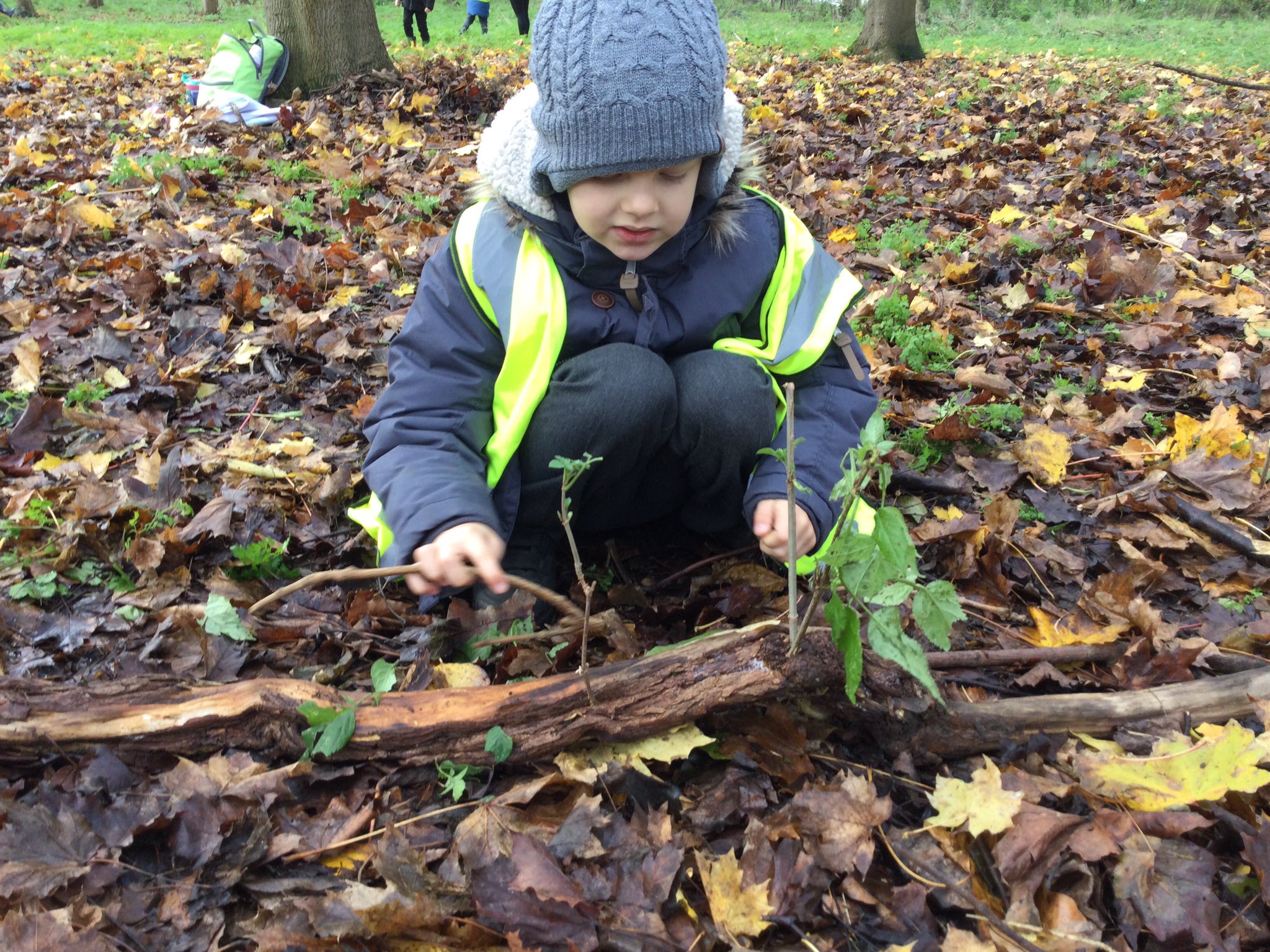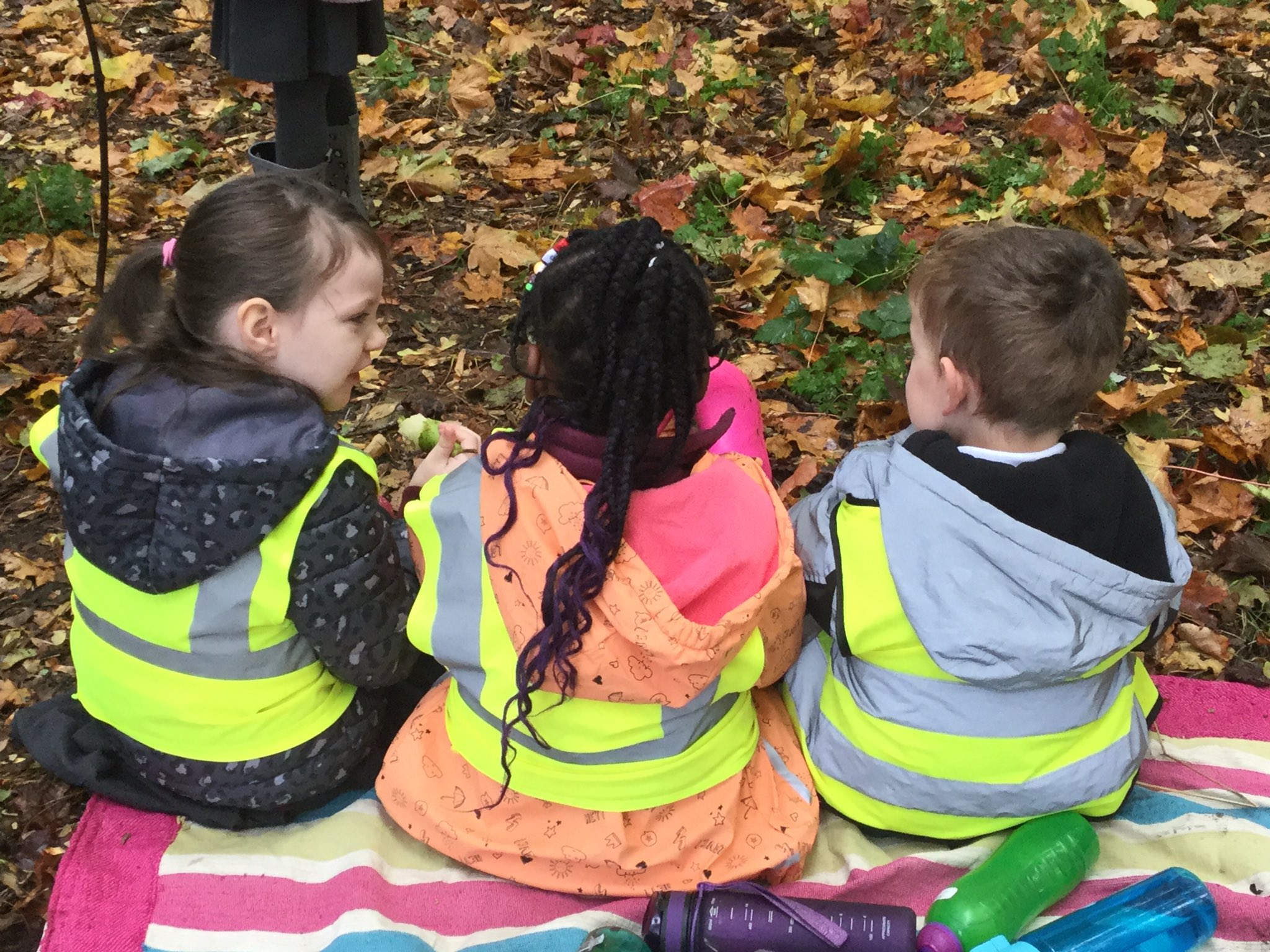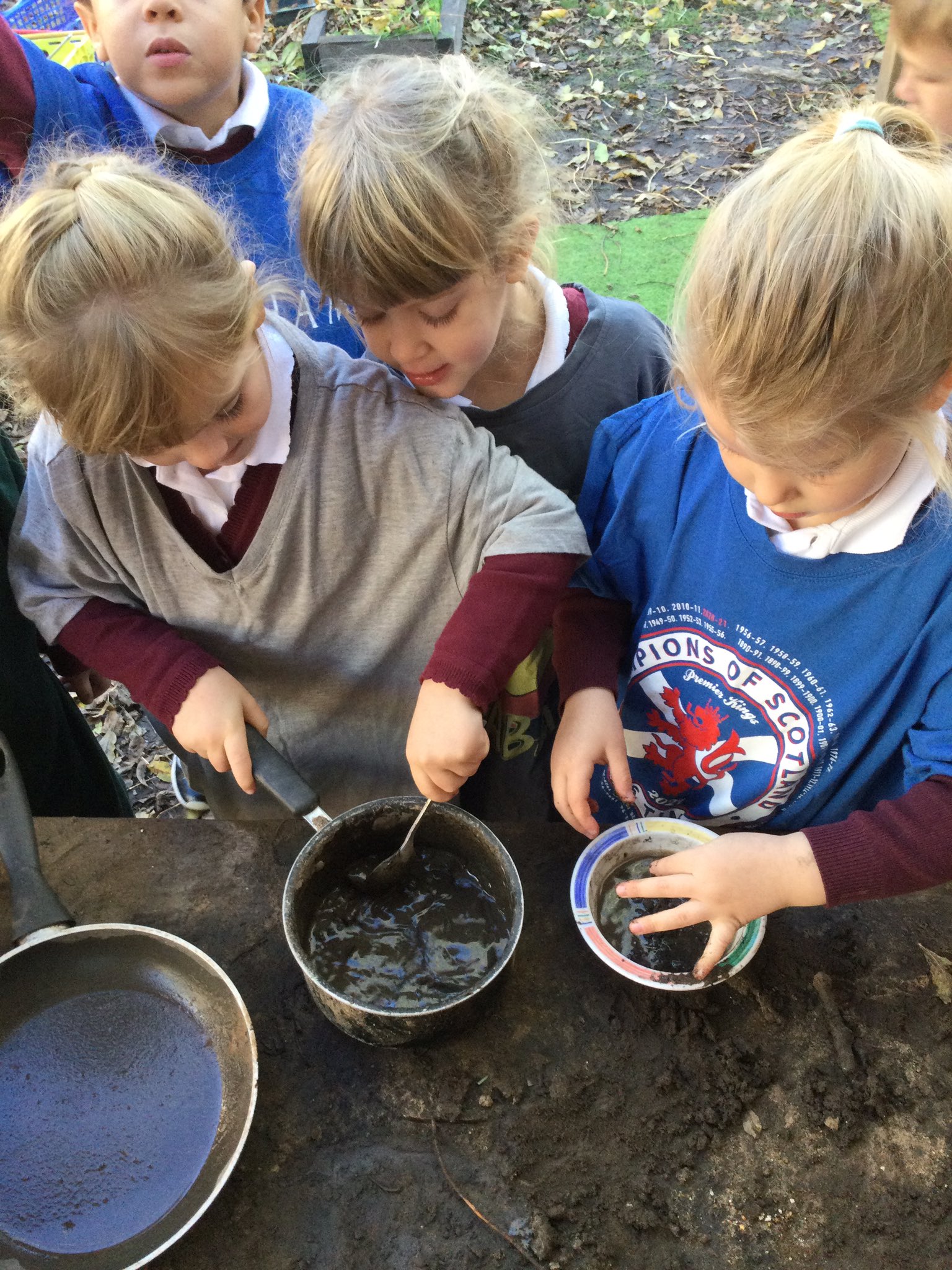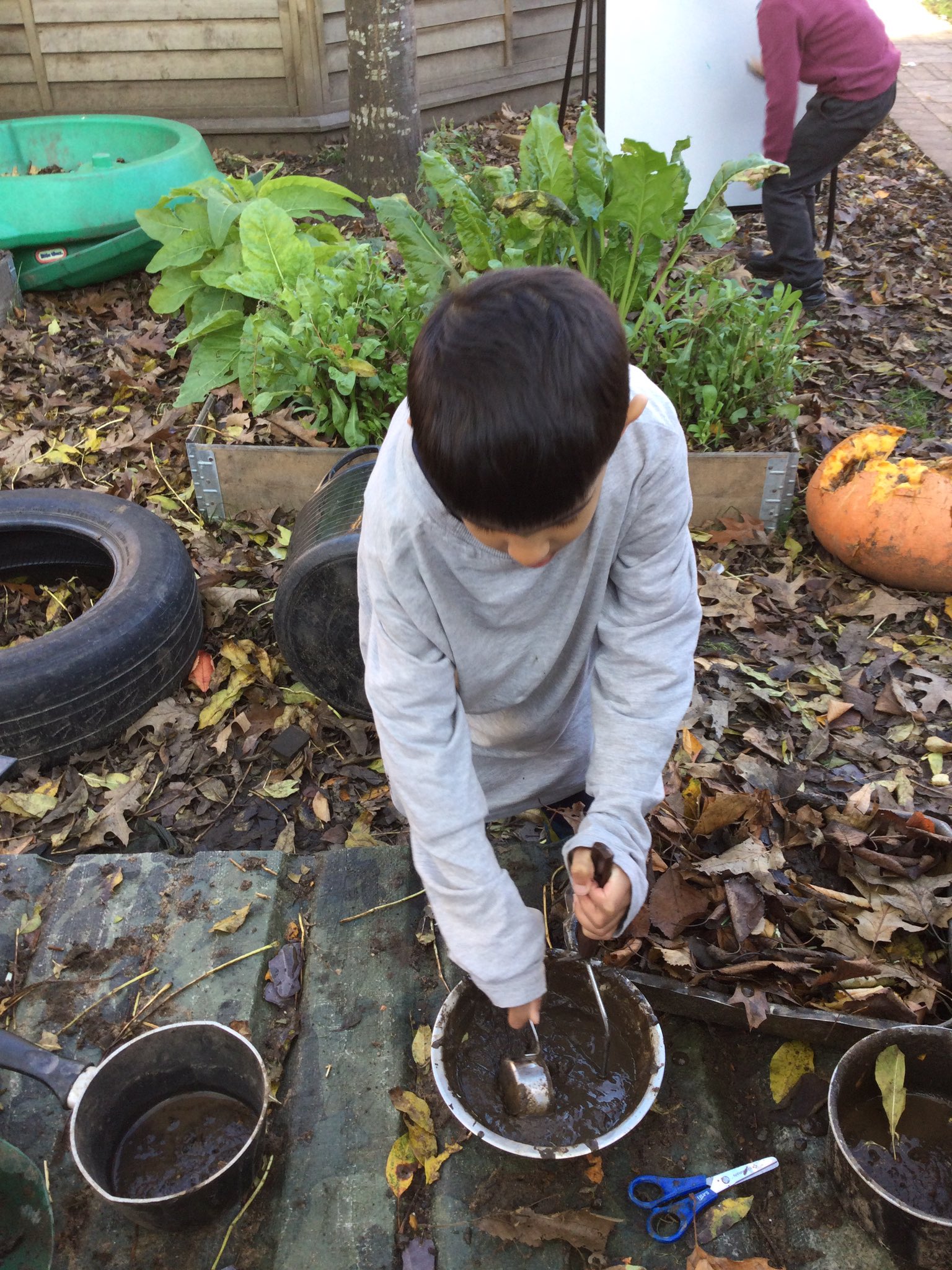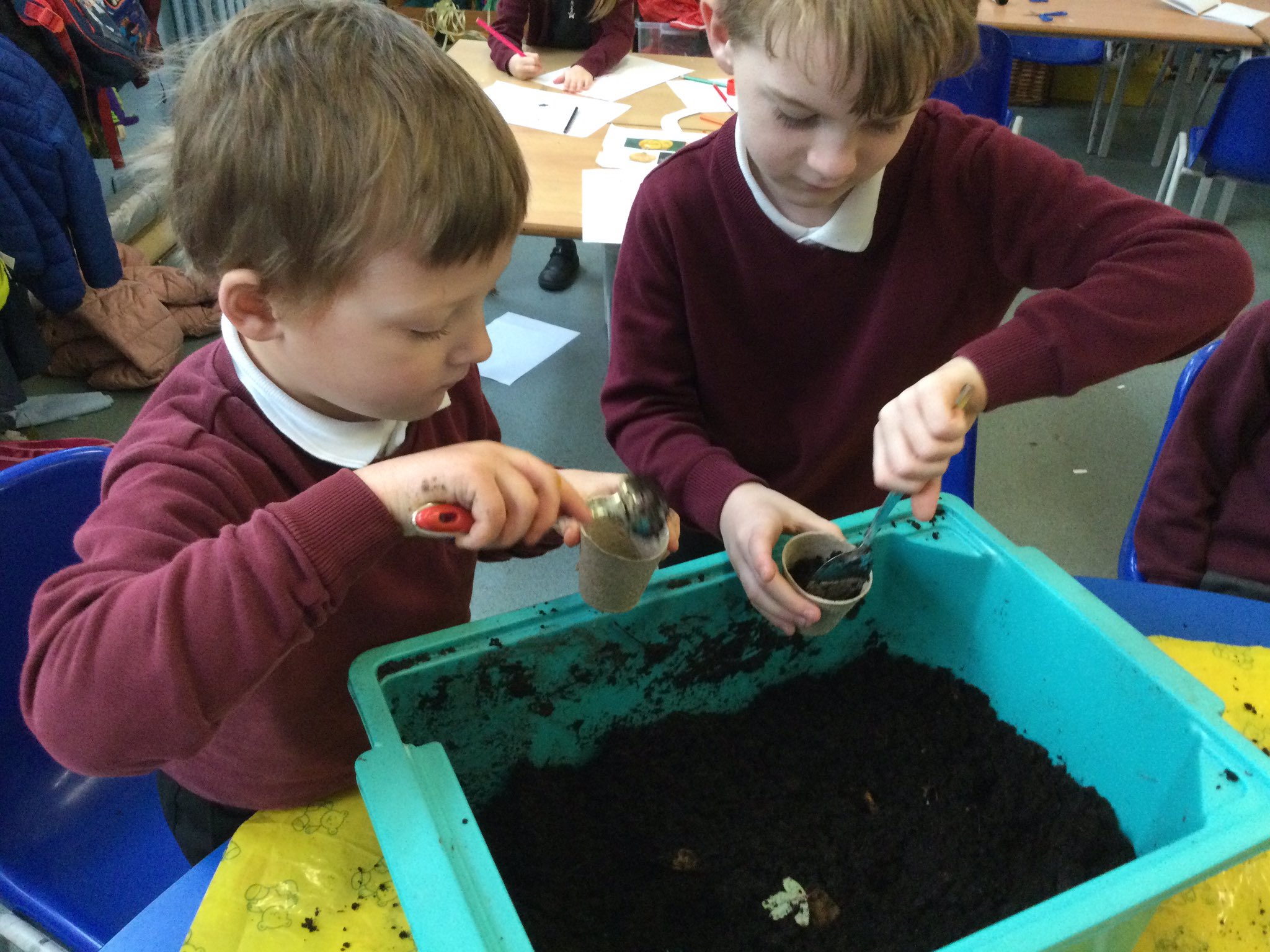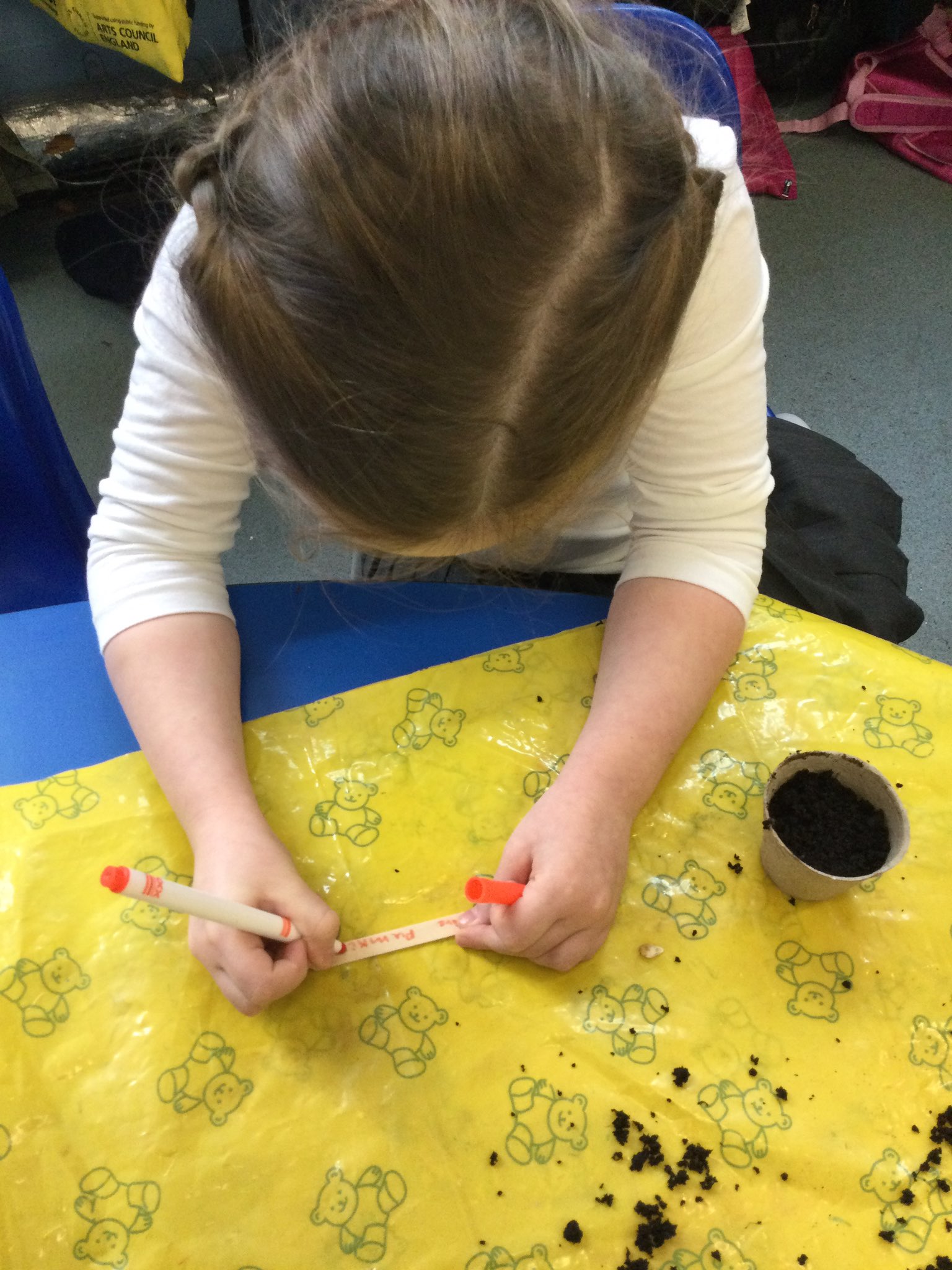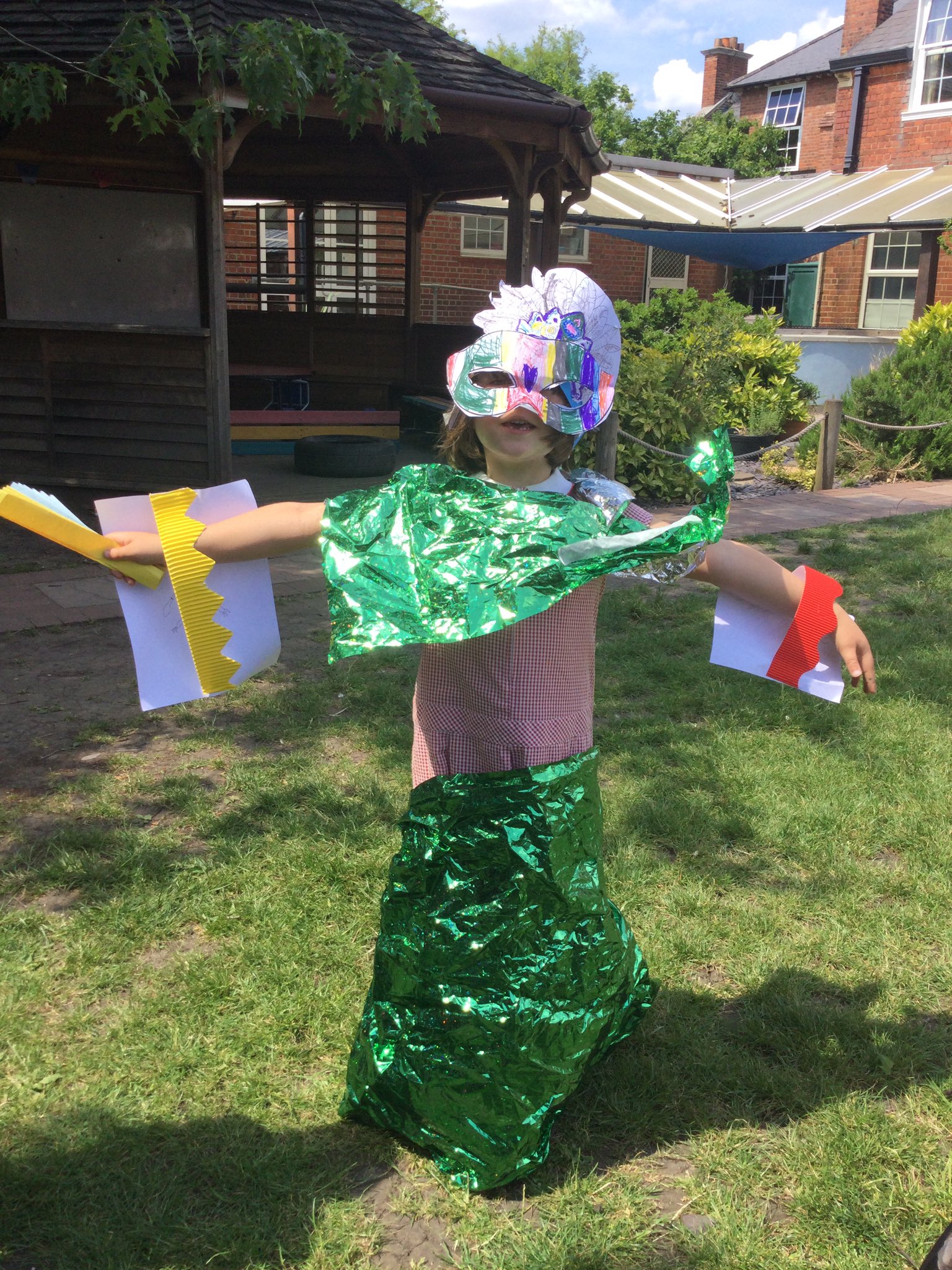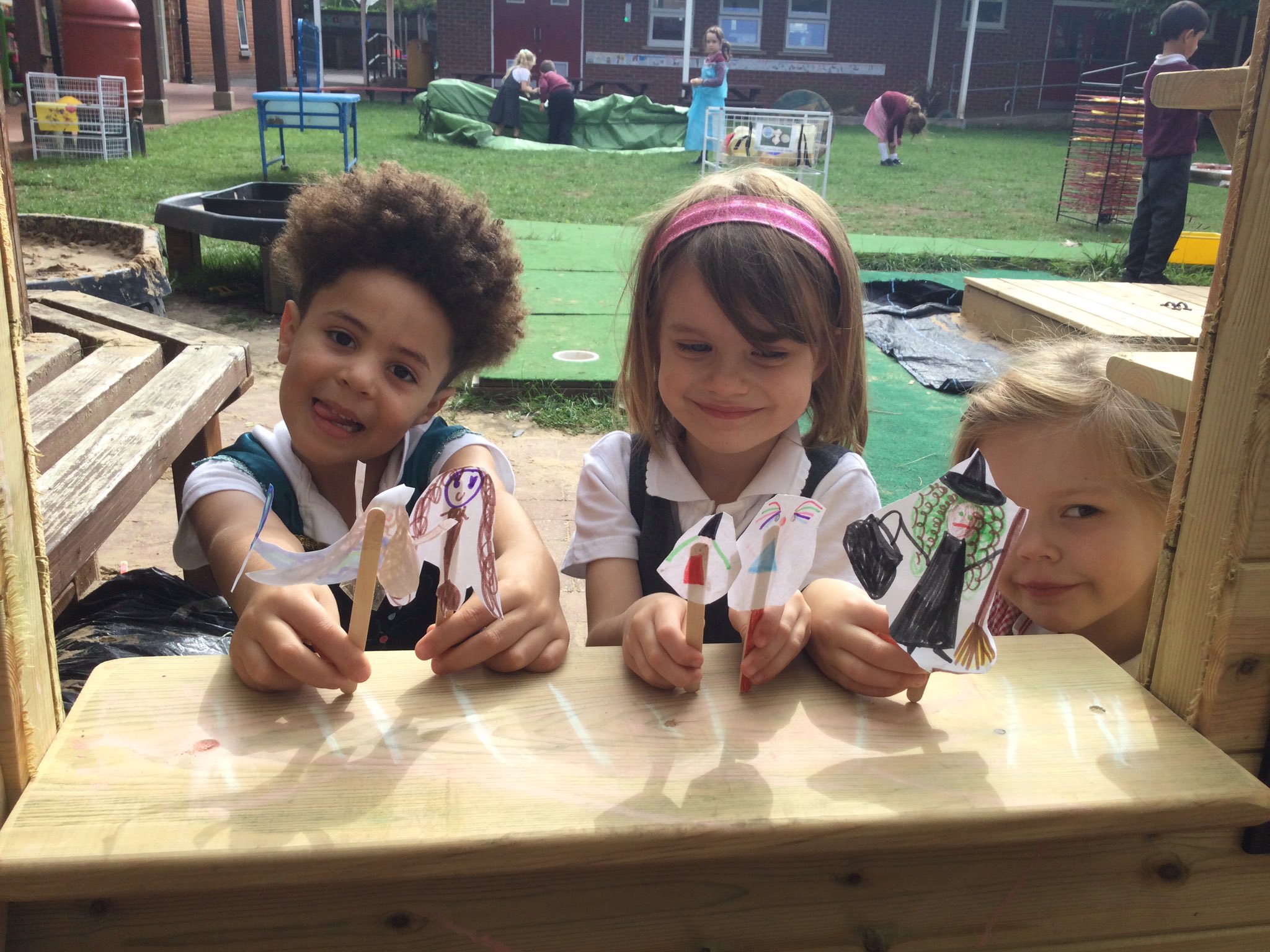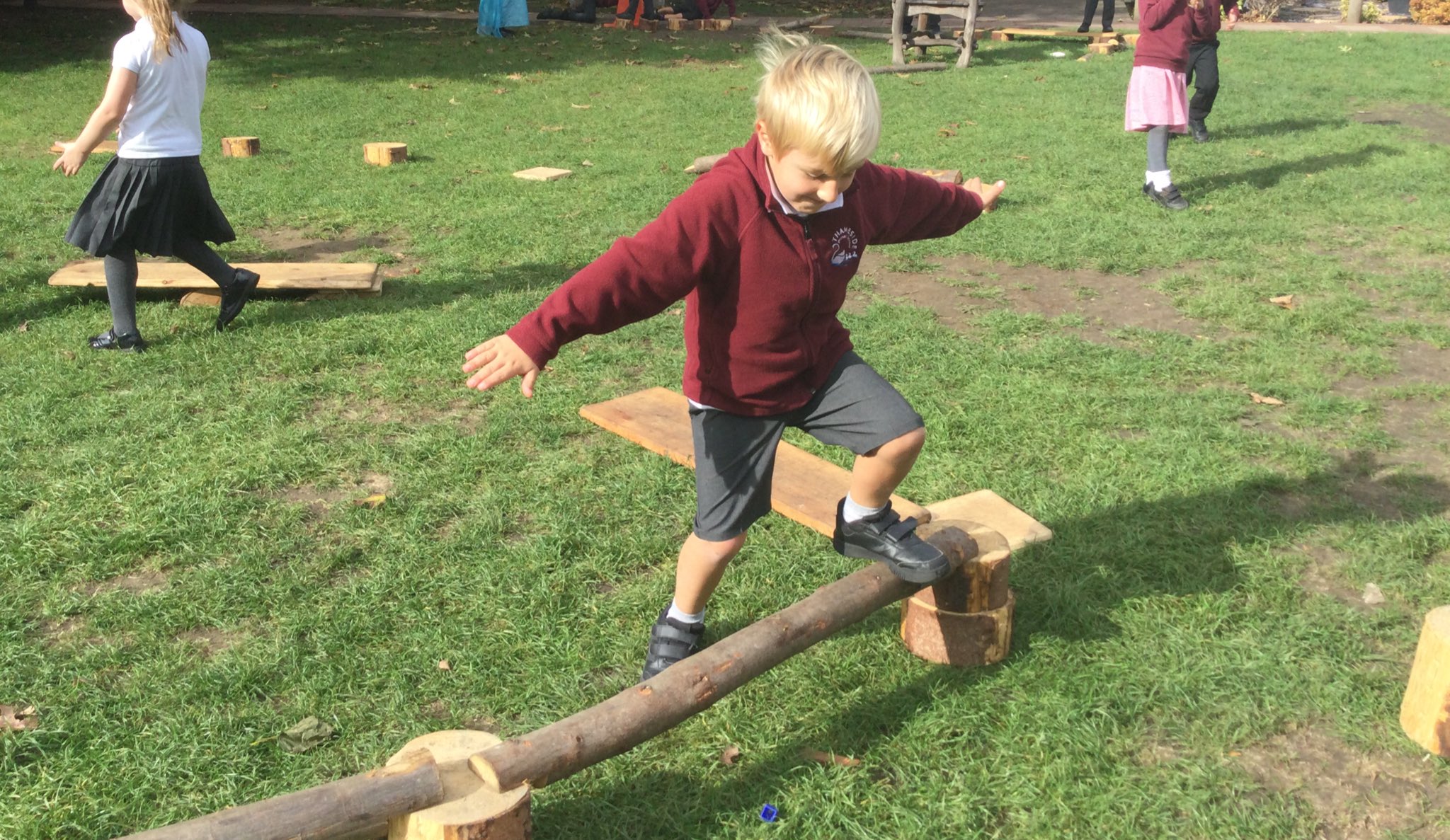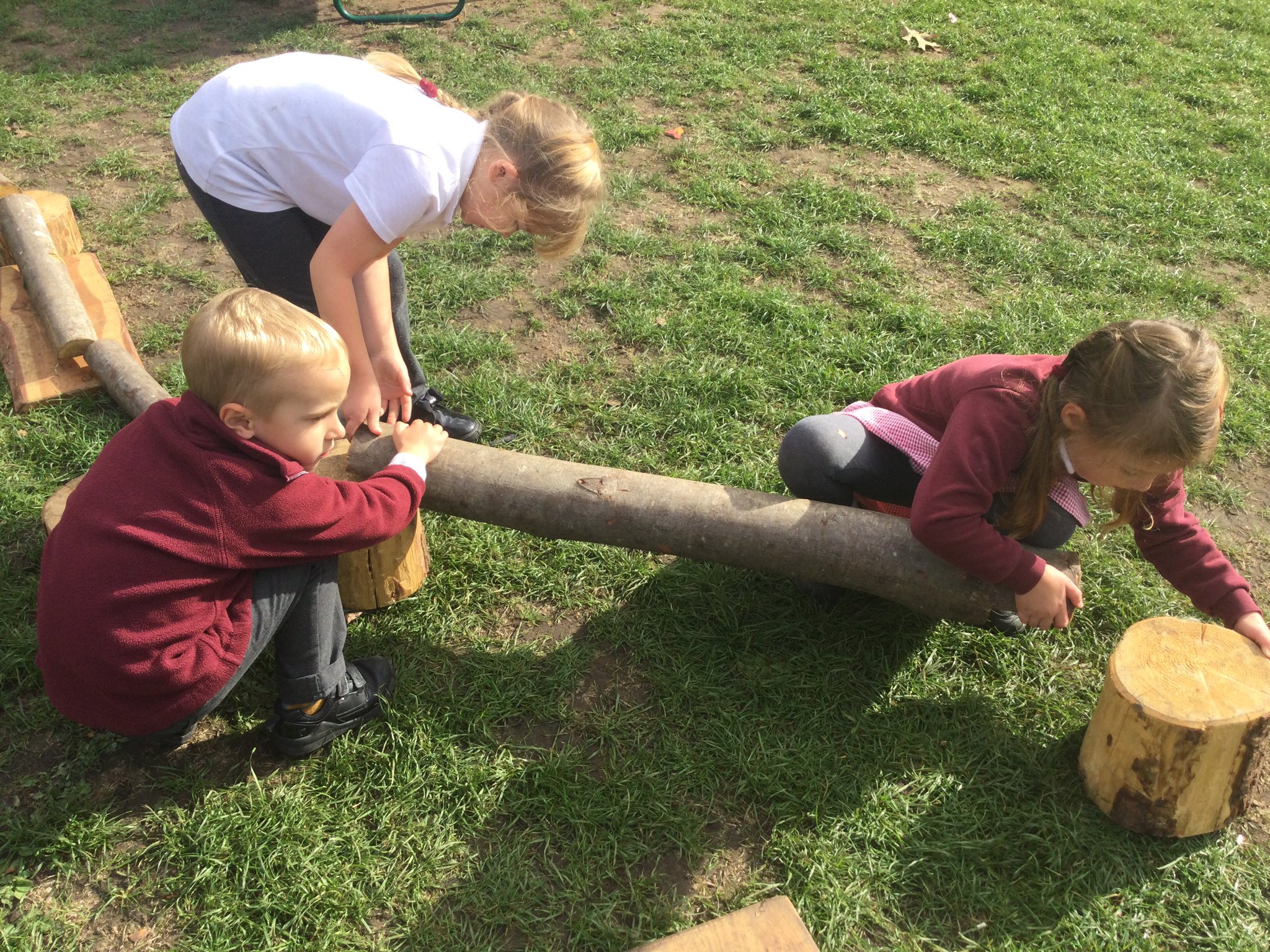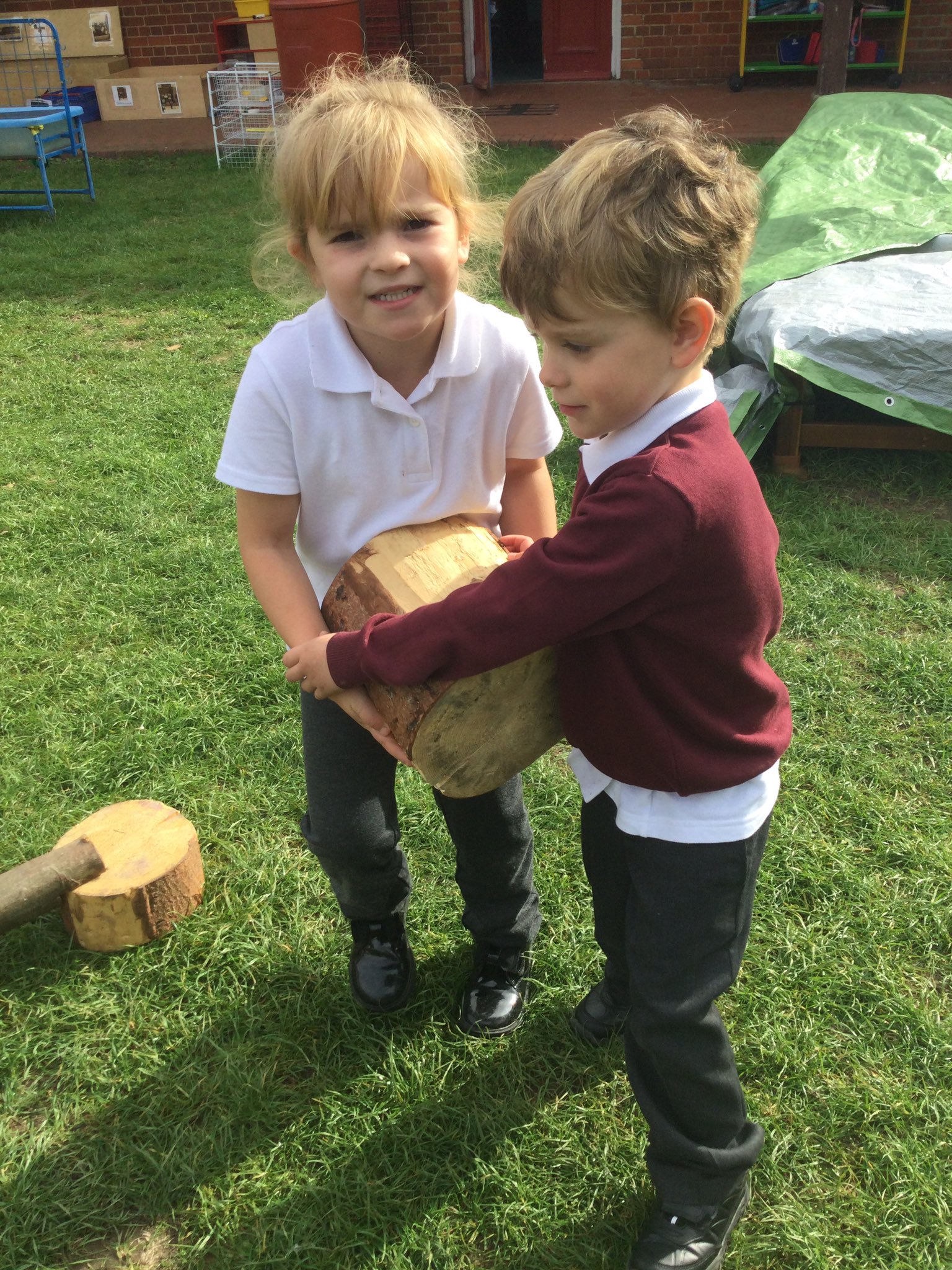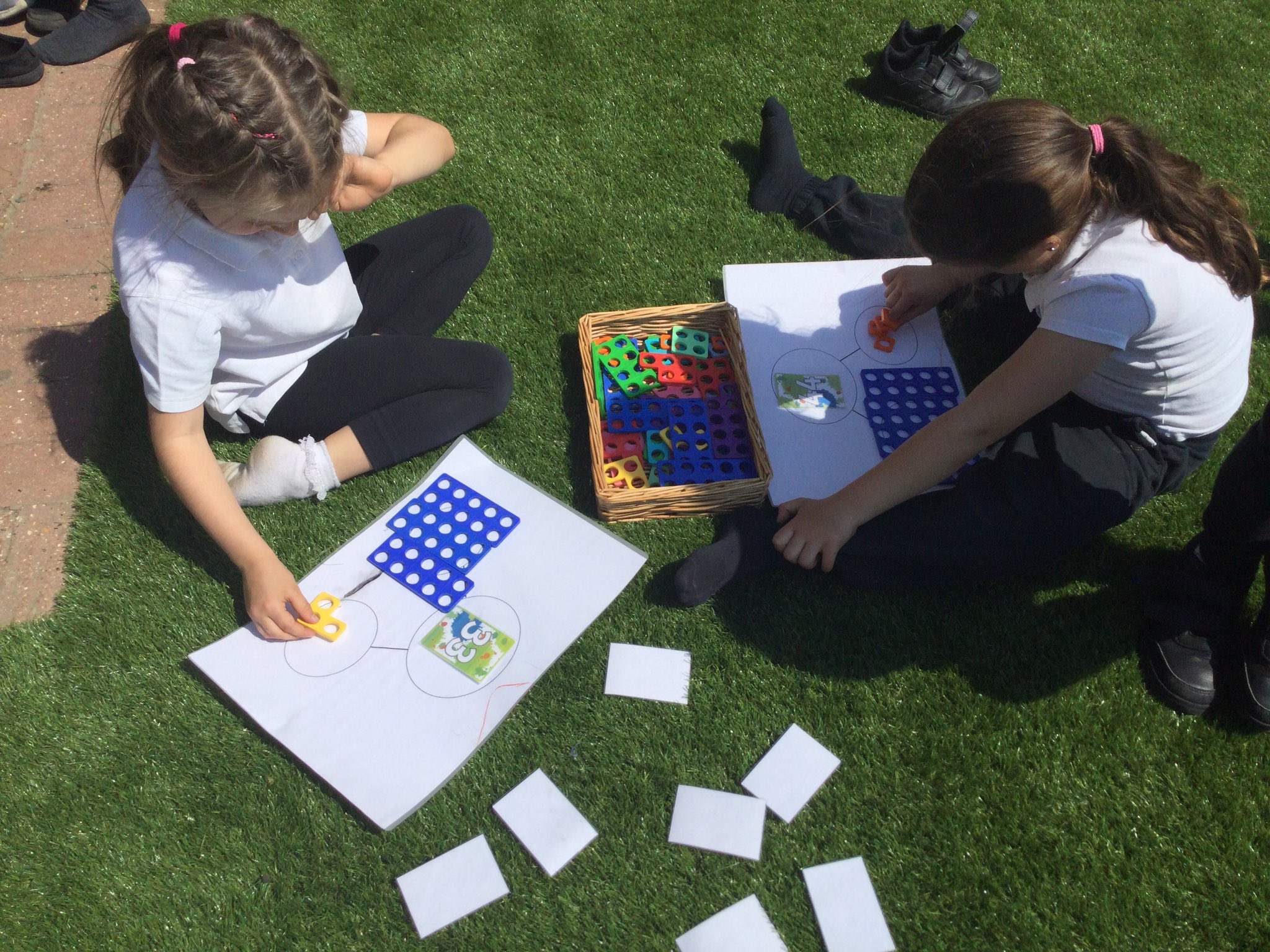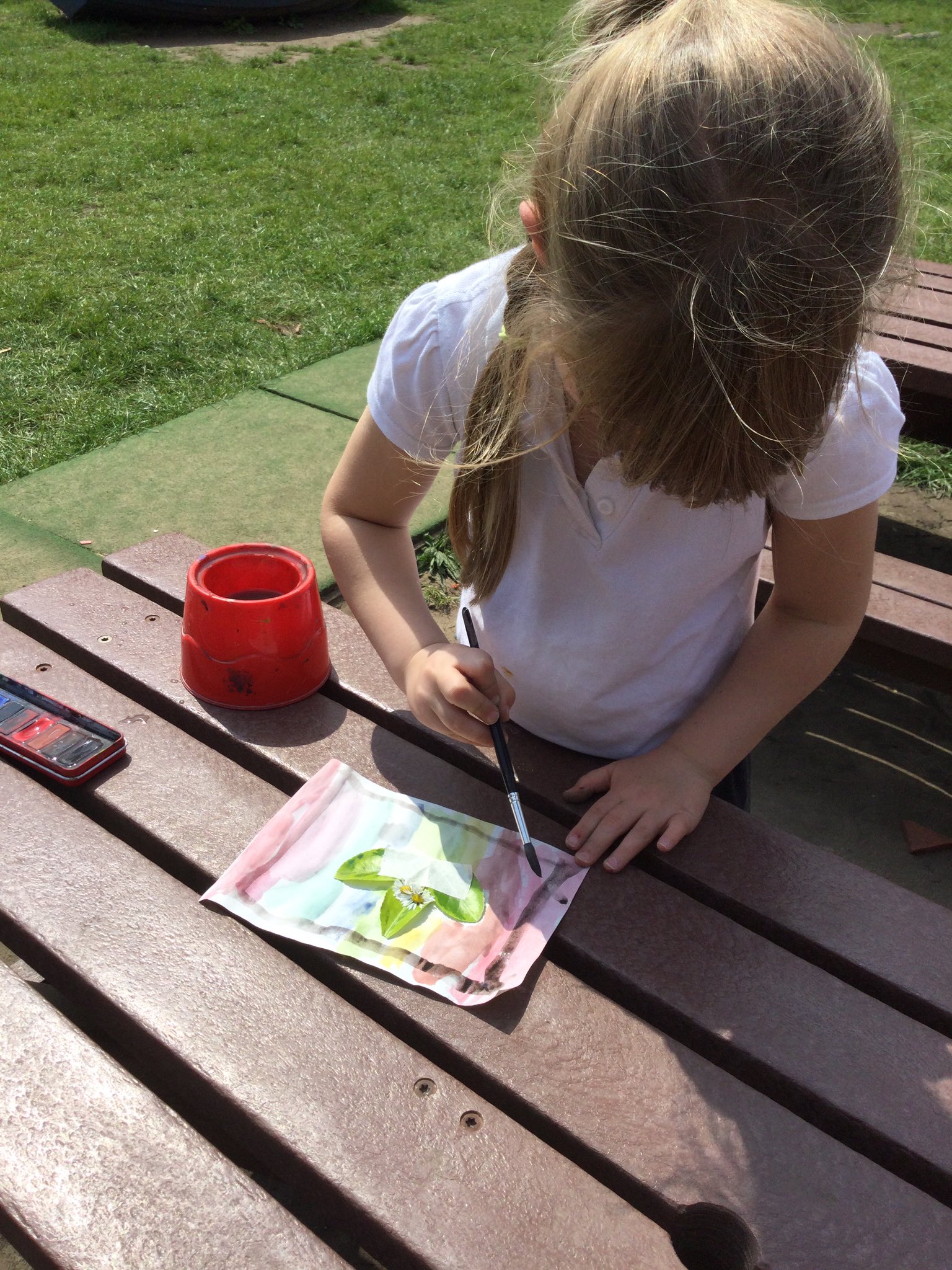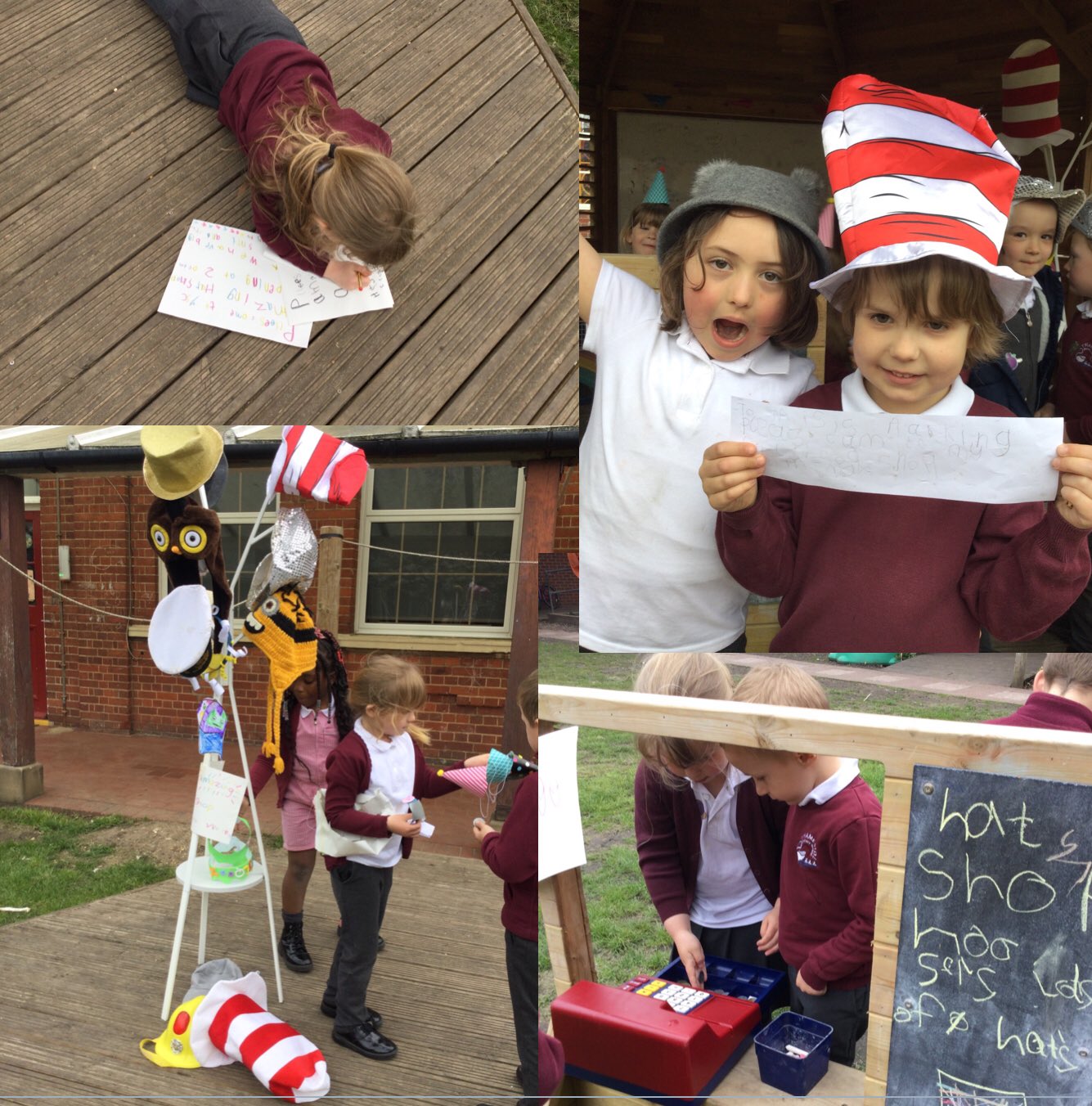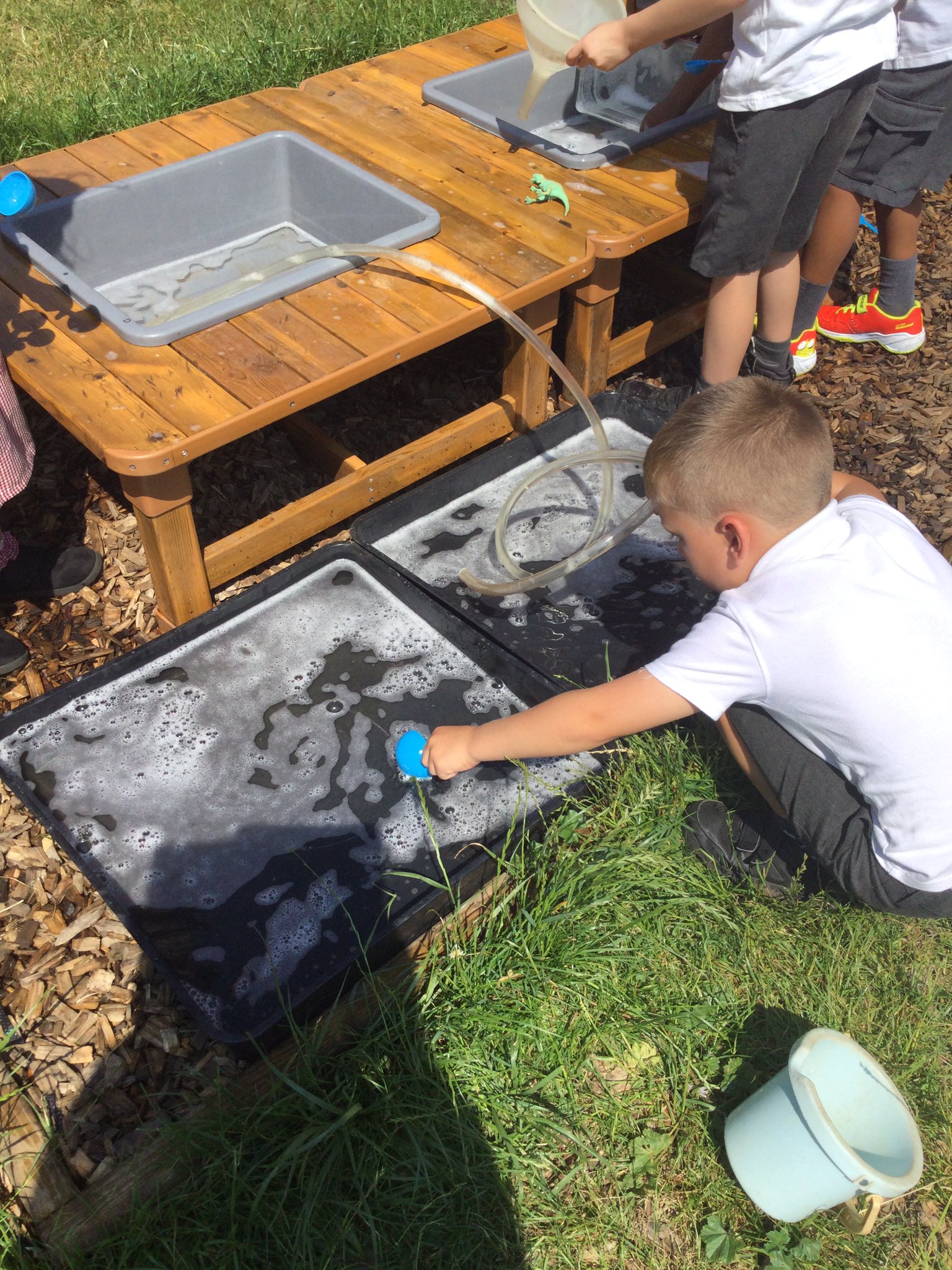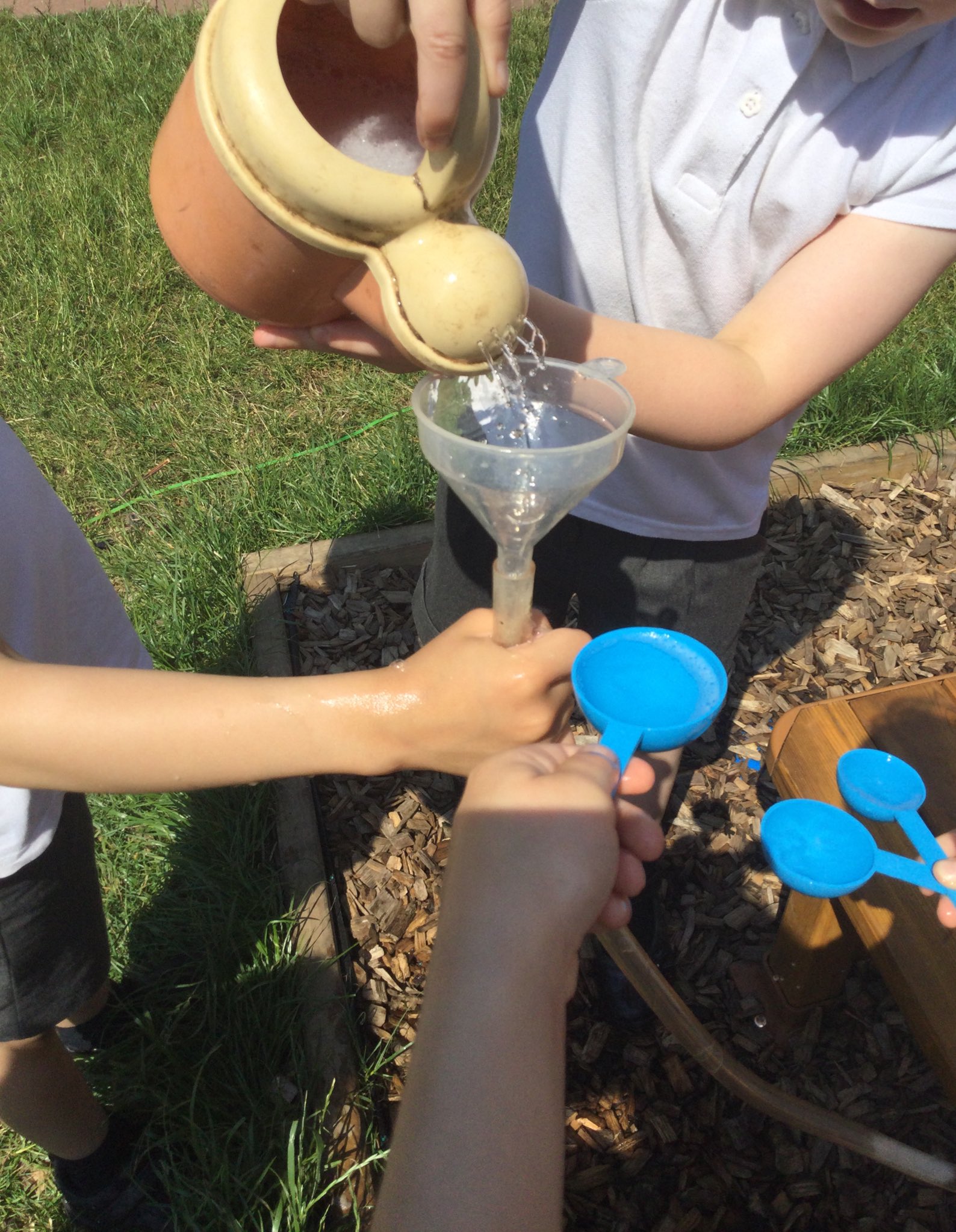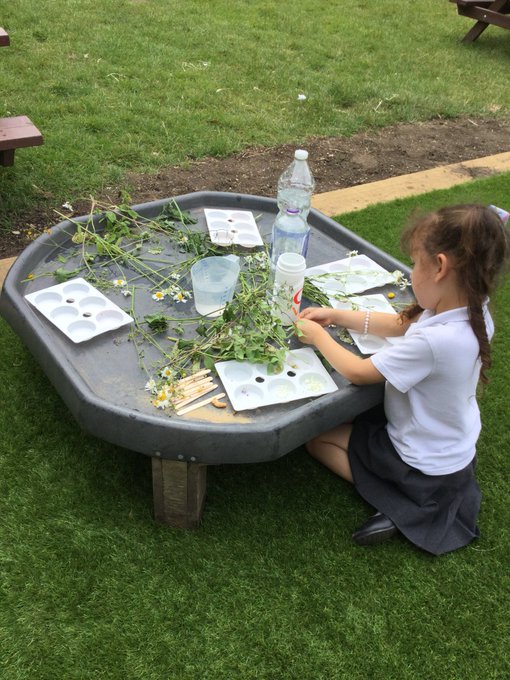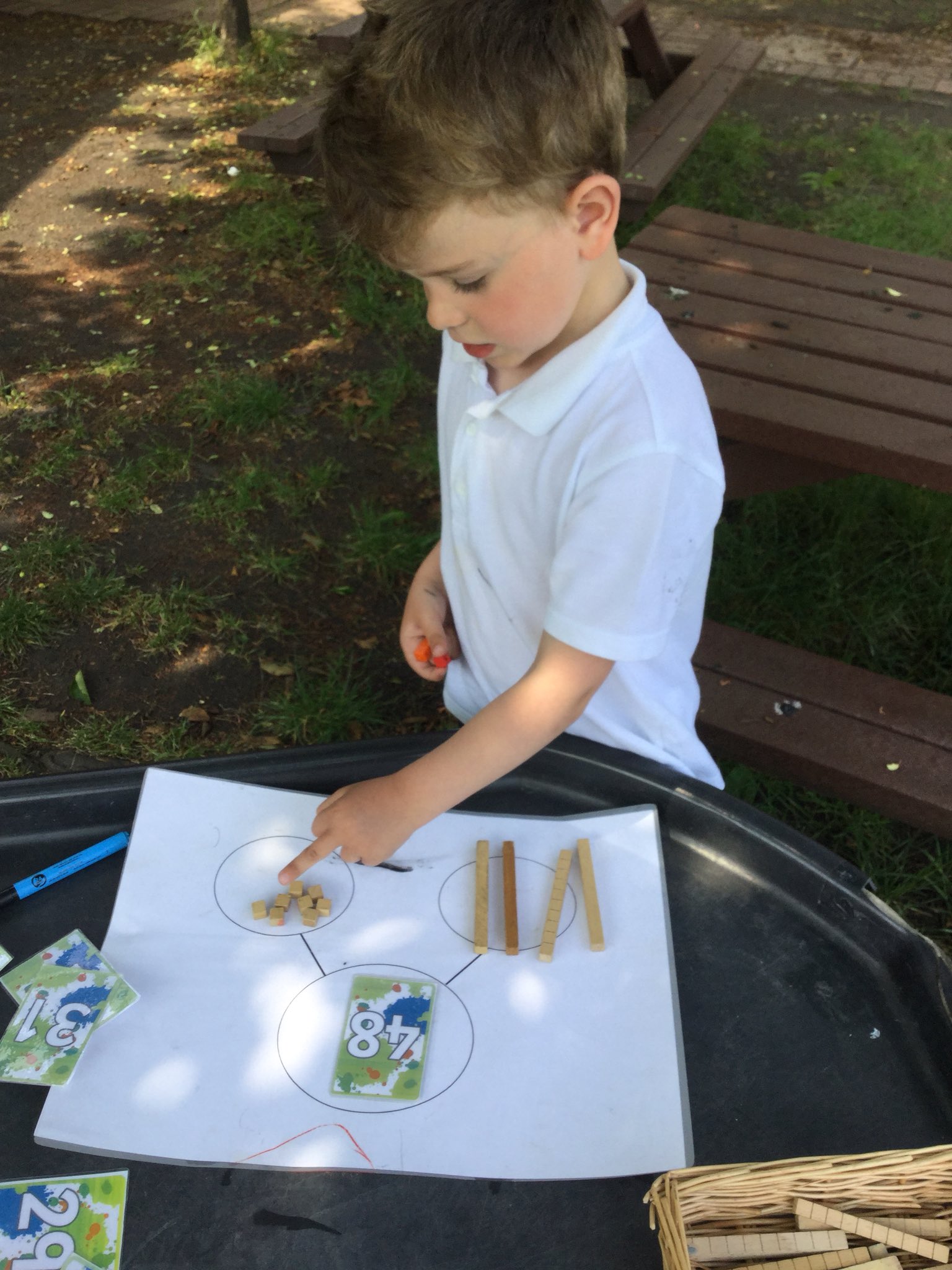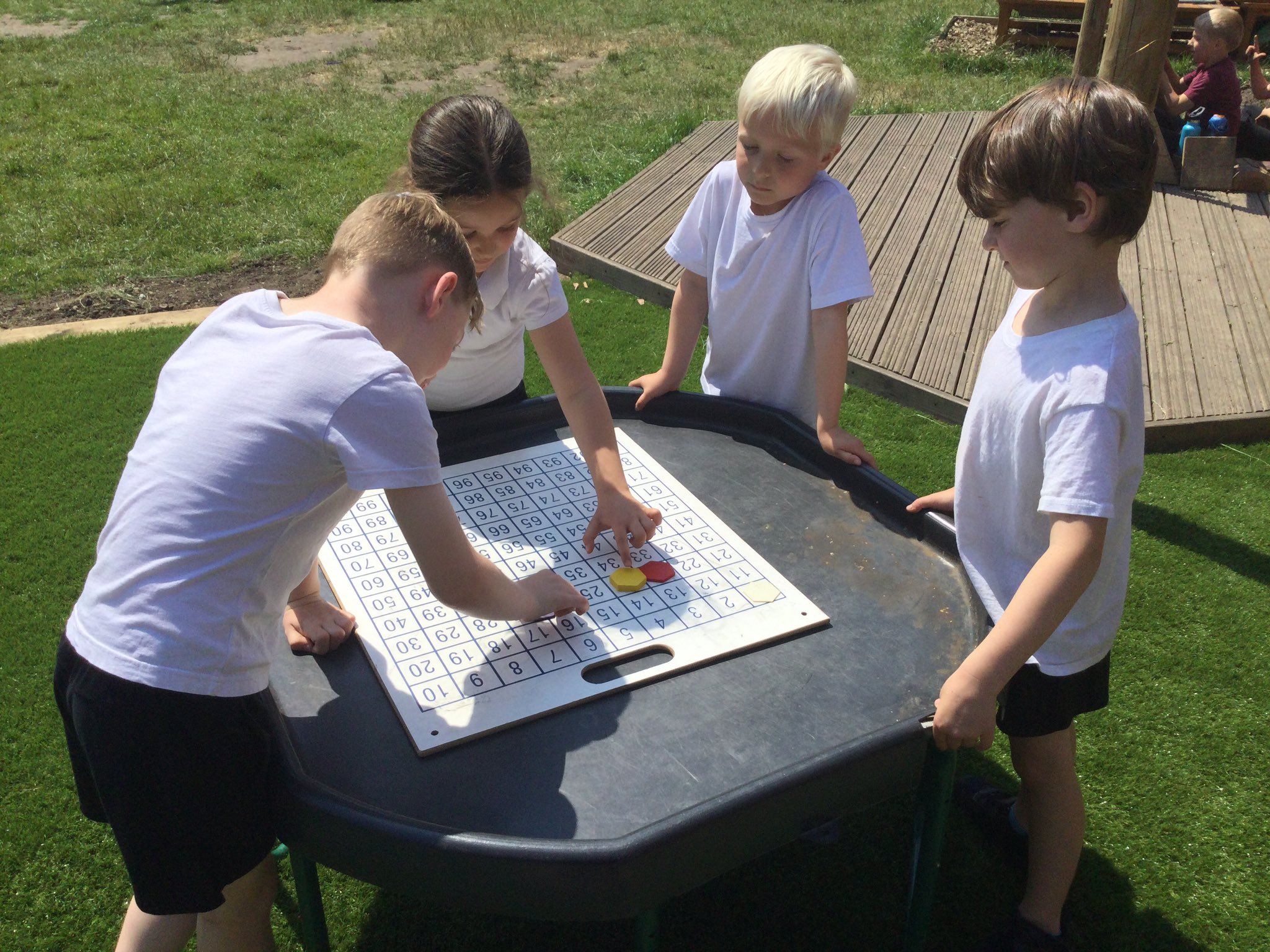Continuous Provision in Year 1
'My child has thrived in the play-based curriculum in year 1' parent survey June 2024
At Thameside we passionately believe that young children learn best through play and exploration. These play-based experiences enable the children to consolidate their skills, knowledge and understanding and enable them to be become independent and resilient learners. Throughout the environment, you will see busy children actively engaged in a wide range of activities that they themselves have chosen. Continuous provision supports and encourages our children to have a lifelong love of learning.

The pictures below show some examples of children directing their own learning through continuous provision. After reading the book 'It's Not a Box' the children used their imagination to explore what their box could be. When learning about plants in Science the children planted some seeds and watched them grow, they then planted them up in the kitchen garden and made some potions in the mud kitchen. Writing is promoted in all areas, for example after creating the new kitchen garden they wrote some signs to encourage children to look after the plants. This means that children's writing is purposeful. When using the woodwork area children plan what they are going to make and after it is completed they evaluate the end product. Children will often practise maths concepts they have been taught and they will often use the outside area to make up games that encourage counting, taking turns and teamwork.
'A mud kitchen provides a space for children to retreat to for some time alone in a soothing sensory experience or to play with peers co-operating, communicating, negotiating and sharing.'
'Children can learn new skills, have fun, play and develop self-confidence by spending time in the garden tending to plants and growing their own food.'

'Engaging in imaginative play shows strong links to language development. Children are learning to communicate with each other verbally but also through non-verbal behaviours such as gestures, facial expressions and body language.'
'Through their constructive play, a child will learn what will work and what will not. Trial-and-error is a great method in which to create structures and modify methods. Overcoming problems to build structures in a particular way will always aid creative thinking and problem solving skills.'
'Learning outside the classroom activities are often authentic, hands-on, interactive and build on classroom learning.'
'Water play is a fantastic activity for developing children's hand-eye coordination as they learn to pour, squeeze, stir and even paint with water.'
'Enhancements encourage children to make connections, and as a result develop a deeper understanding linked to current learning themes.'
'Fine motor skills involve the use of the small muscles that control the hand, fingers and thumb. They help children perform important tasks like feeding themselves, grasping toys, buttoning and zipping clothes, writing, drawing and more.'

